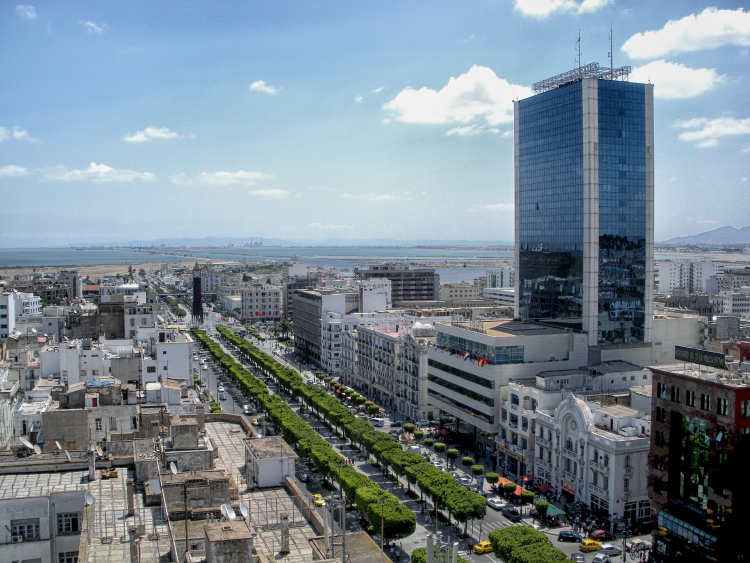The Maghreb : a region united only by name

 The Maghreb is a unique region in Africa with considerable risk exposures, explains Nikita Walker, Intelligence Analyst, KCS Group Europe.
The Maghreb is a unique region in Africa with considerable risk exposures, explains Nikita Walker, Intelligence Analyst, KCS Group Europe.
While the Maghreb is comprised of five nations – Libya, Tunisia, Algeria, Mauritania and Morocco – the only similarities they have with one another are the risks, weaknesses and threats associated with doing business in these jurisdictions. The three main risks are
- physical threats, i.e., terrorist attacks and war
- endemic corruption that plagues each state
- dependent, fragile economies.
The Maghreb has seen its fair share of violence. Currently, the situation is quiet compared to a decade ago, but that does not mean threat has vanished. There are fresh fears that a third civil war is looming in Libya amid the current political crisis. Another civil war, whose likelihood is increasing the longer the presidential election is delayed, would make operating in Libya impossible. There are also frosty relations between Morocco and Algeria, which if they escalated to armed conflict, would undoubtedly destabilise the region.
Terrorism is also an issue that continues to be a main security risk in Mauritania, as the country has pledged itself to combatting the conflict in the Sahel region. While this fighting remains along the border with Mali, there is still a risk of attacks in larger civilian areas.
All countries of the Maghreb other than Mauritania have fragile economies that depend on just one sector for the lion’s share of their GDP. Oil and gas giants, Libya and Algeria, rely almost solely on energy to give their financial position any foundation at all. During both civil wars, Libya’s oil production sharply decreased, and so did its GDP.
Morocco and Tunisia on the other hand, rely on tourism, which is certainly more affected by war and terrorism than the energy sector. Tunisia experienced two fundamentalist attacks in 2015 that killed 59 foreign tourists. They decimated the Tunisian tourist industry, which it is still recovering.
Corruption is nothing new to the Maghreb. Mauritania and Algeria are still feeling the effects that endemic corruption has had on their respective nations. Current Presidents Ghazouani of Mauritania and Tebboune of Algeria have offered scapegoats to show their citizens that they are committed to combatting corruption, but this may be for show.
In terms of ground-level risks – not least those affecting supply chains and infrastructure – these can manifest in potential bureaucratic or physical blockades by officials unless ‘facilitation payments’ are made to get the chain moving again. Organised criminal gangs may support competitors looking to divert or destroy products or commodities for their own purposes.
A general climate of corruption can mean that partners and clients along the supply chain may either conceal the truth about how qualified they are for the venture, or they may be controlled by political and criminal interests.
In all, this region is not a place for the faint-hearted to do business. In the Maghreb, there is only one axiom for organisations wishing to enter: high risk, high reward. Arguably, the only real chance of high reward is through the oil and gas sectors of Libya and Algeria, but that brings a tremendous number of risks. Organisations wishing to venture into these markets need to conduct proactive risk assessments of every aspect that has the potential to pose a threat and have contingency plans to respond to threats, including exiting rapidly in extreme situations.
The volatility of the Maghreb is not to be taken lightly.
A longer version of this article is available at www.kcsgroupeurope.com
